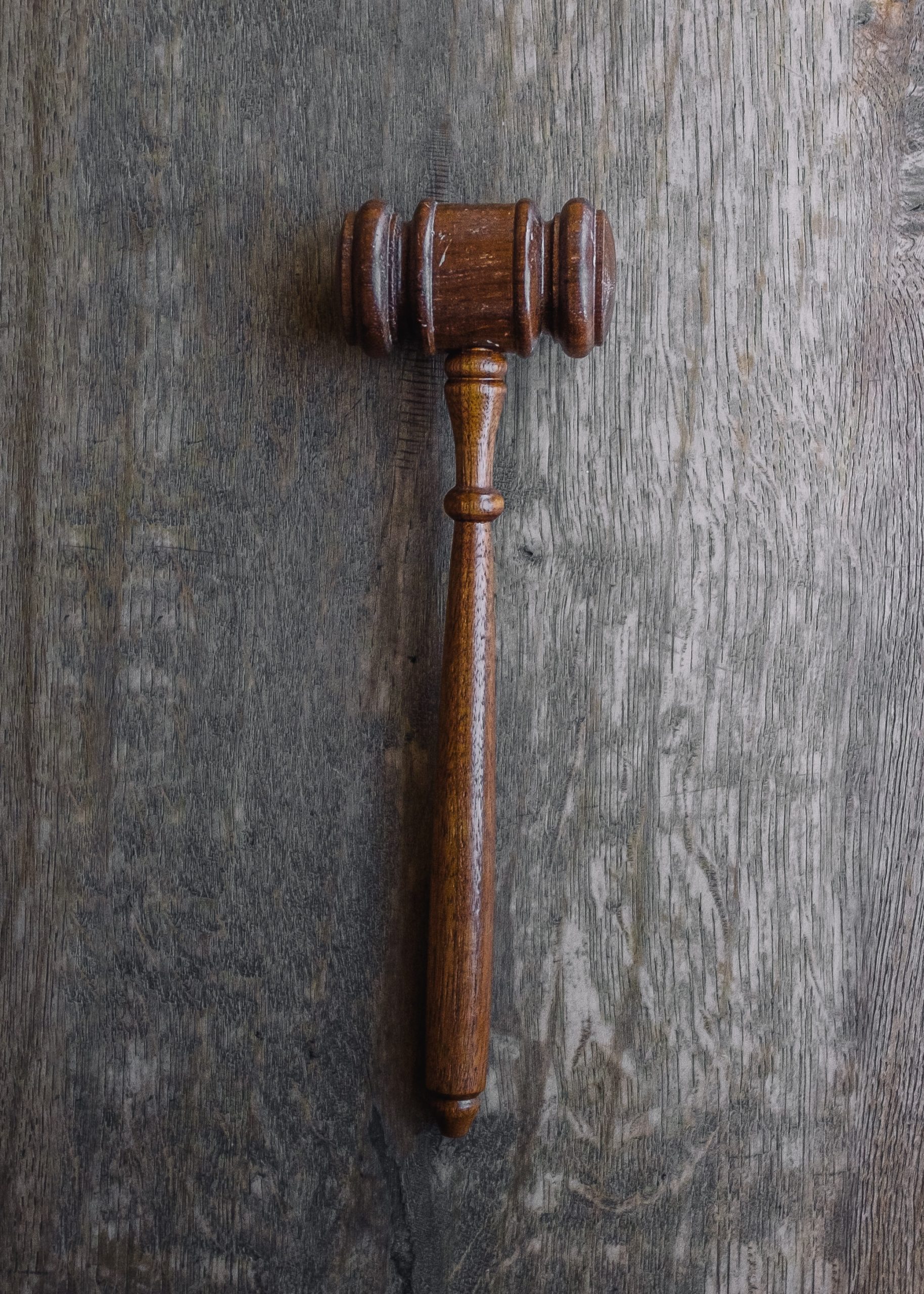
When Obstruction of Justice is A Navigational Hazard in Maritime Law
Whenever, two sides oppose each other on a legal playing field, there is a potential for grudge matches to emerge. Exchanging information obtained during the discovery process can be explosive in the hands of a skilled trial attorney.
Attorneys can be unrelenting in controlling the flow of information for the purposes of protecting their clients’ interests. That’s their job. But when this zeal and battle is taken too far, it could cross the line into a legal zone known as obstruction of justice.
Obstruction can collectively cover a wide range of wrongful conduct.
Obstruction can include tampering with jurors or with witnesses. It can mean destroying or hiding evidence. Even issuing false statements to investigators or prosecutors can fall under its umbrella. It can also cover things like threats, whether they involve physical harm or coercion.
A casual observer might wonder why someone would take destructive actions that amount to obstruction.
There are any number of reasons a person’s actions could lead to obstruction of justice. It could be fear of losing a job. It could be out of loyalty to an employer. Whatever the motivation, obstruction of justice charges can compound a situation that has already gone off the rails.
Even when there may not appear to be a conflict on the surface, beware there is always room for contention.